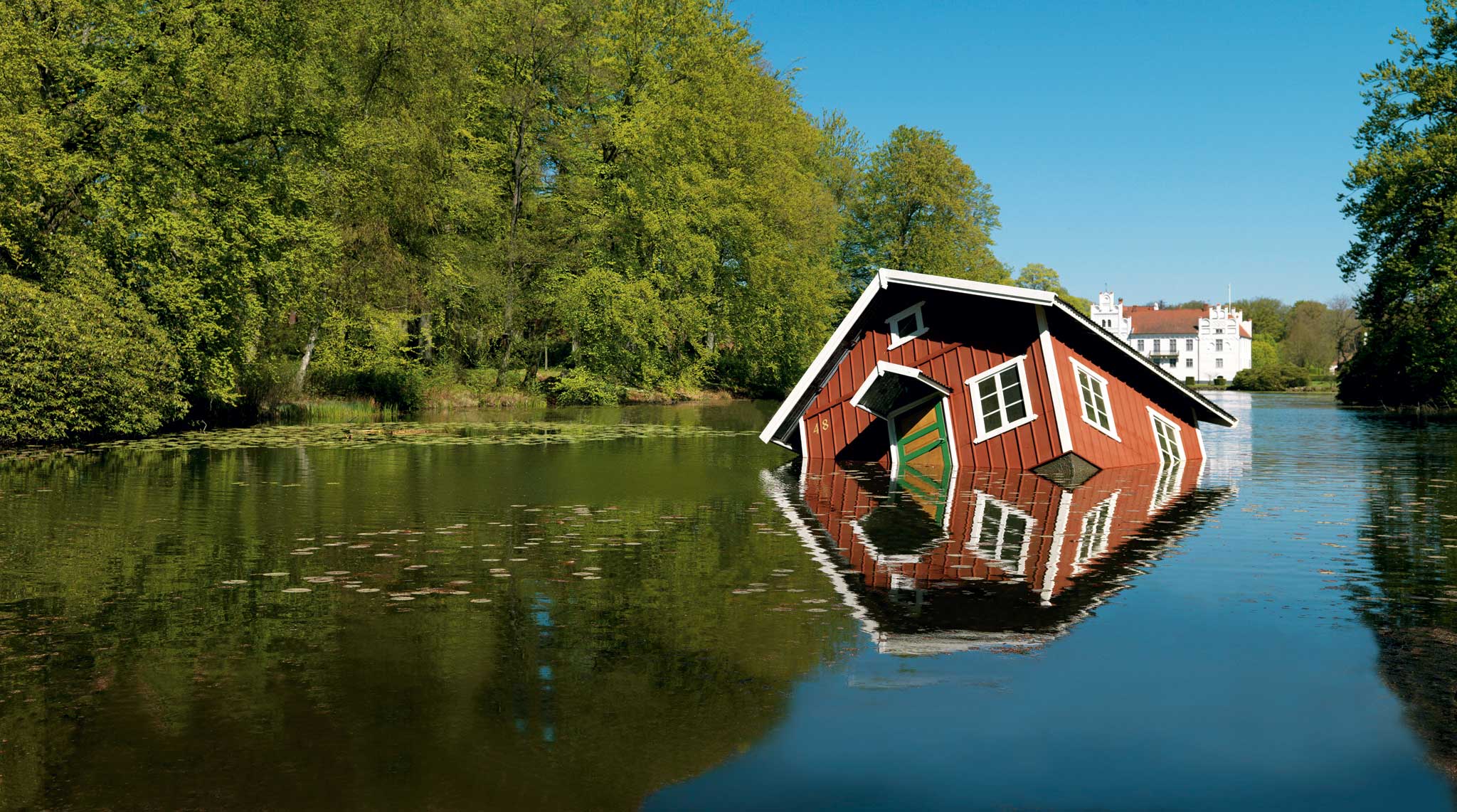Portfolio: Finnish-born artist Tea Makipaa confronts the prospect of ecological disaster

Your support helps us to tell the story
This election is still a dead heat, according to most polls. In a fight with such wafer-thin margins, we need reporters on the ground talking to the people Trump and Harris are courting. Your support allows us to keep sending journalists to the story.
The Independent is trusted by 27 million Americans from across the entire political spectrum every month. Unlike many other quality news outlets, we choose not to lock you out of our reporting and analysis with paywalls. But quality journalism must still be paid for.
Help us keep bring these critical stories to light. Your support makes all the difference.
If you were to come across some of Tea Makipaa's work without realising it was art, it might well give you a shock. Sinking houses and burning cars are just some of the ways in which the Finnish-born artist confronts the prospect of impending ecological disaster.
Working across installation, photography, video, and sculpture, Makipaa tackles everything from global consumer culture, to the relationship between nature and technology. "Spending my childhood in Finland in the 1970s and 1980s, we were introduced to these problems through education and public discussion," she says.
Atlantis (created along with Halldor Ulfarsson), which sees a small cabin tilted precariously to one side, and placed in the middle of a lake or river at European destinations such as Budapest and Reykjavik, is a particularly arresting sight. It is usually anchored in one place and kept afloat with the help of pontoons. As well as making out the soft light coming from the windows, passers-by would also be able to distinguish the sounds of a normal family life being emitted from the house, the "occupants" seemingly unaware of their fate.
So, has anyone ever raised the alarm after seeing one of her pieces out of context? "My method is that I try to compress reality," she insists. "Therefore confusion is welcome."
'Art & Ecology Now', by Andrew Brown, is published by Thames & Hudson, priced £29.95
Join our commenting forum
Join thought-provoking conversations, follow other Independent readers and see their replies
Comments